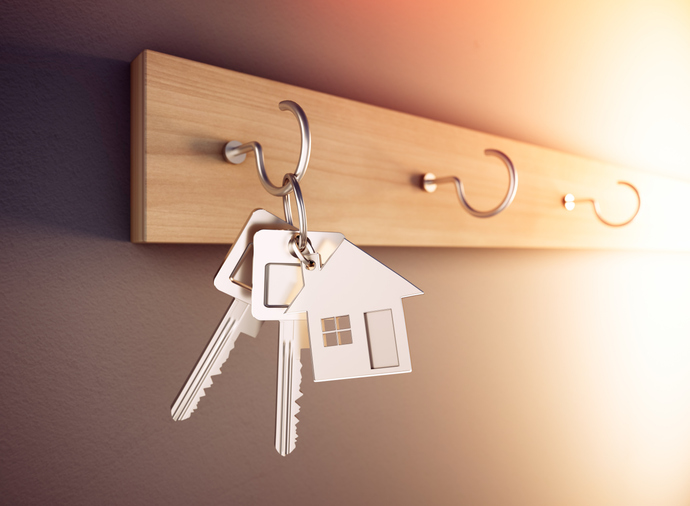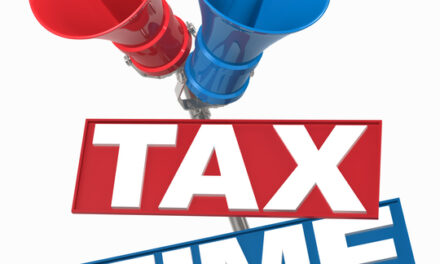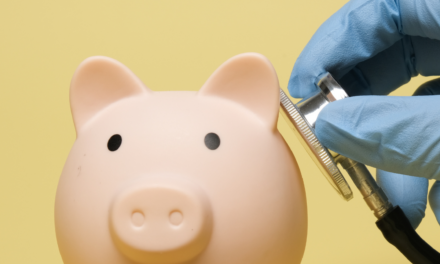If you’ve got your sights on owning a home, you may be wondering how you know if you are financially ready to buy a house. A house is likely the largest purchase you will ever make in your life, so it’s important to get yourself in a position where you are financially ready to take on such an expense. There are several aspects of purchasing a house that you need to consider, the most obvious being the down payment, the monthly mortgage payments, and real estate taxes. These numbers are somewhat variable depending on where you buy, how much mortgage you take out, and how much you put down in your down payment.
There are also other financial aspects of owning a home that you need to be prepared for. When you rent, there is often a landlord who will take care of major issues like a pipe replacement, roof repair, and other large home maintenance considerations. When you own your home, all of that responsibility–and financing–falls to you. That means you need to have a much larger “rainy day” savings amount set aside for “house emergencies.” You don’t want to be suddenly strapped for cash because of, for example, some emergency plumbing work.
So how do you know you are truly financially ready to buy a house?
1. Is Your Debt Under Control?
A large part of buying a home usually consists of getting a loan from the bank, and a bank is much less likely to give you a loan if you are saddled with debt. This doesn’t mean you need to have zero debt. Many out there have debt, like student loans, that they are managing responsibly and that will not get in the way of paying their monthly mortgage payments on time. However, the more debt you have, the less faith the bank will have in you.
Bank aside, you want to make sure you don’t take on more financial strain than you can handle. If you have large amounts of debt, it’s probably not the best idea to take on even more debt in the form of a mortgage. If it’s a struggle to pay your monthly bills, it’s likely not the right time to buy a house.
2. Is Your Income Stable?
Buying a home comes with monthly bank payments, property taxes, utilities, and expensive emergencies like plumbing, electrical, and even roofing repairs. Having a stable income is part of being ready to buy a house. Without a stable income, you need to think about how you will be able to pay for all these expenses. Additionally, you will likely not be able to get a mortgage loan from the bank without a stable income. A bank will want to look at your tax returns from the past few years to determine just how stable your income truly is before they are comfortable giving you a loan. If you are self-employed, make sure you have well-documented records of your earnings for the past several years to show your financial stability.
3. Do You Have a Good Credit Score?
The better you manage your credit card payments, the higher your credit score will be. Your credit score shows the bank that you are responsible and can be counted on to pay back your mortgage on time. Not only will a good credit score help you obtain a mortgage, but it will also help you receive a lower interest rate. The higher your credit score, the better your interest rate, which means the lower your monthly mortgage payments will be.
4. Can You Pay the Down Payment?
A down payment is an important part of obtaining a loan from the bank. You will probably need at least a 20% down payment, but you can put down less if you are able to pay private mortgage insurance (PMI). However, if you have more to put down, it may be smart to make a large down payment. This is because your mortgage will be less, requiring you to spend less money a month on it, taking away some of your monthly financial pressure. However, the “right” amount of down payment depends on your individual circumstance, so it’s important to work with a financial advisor who can help you figure out what makes the most sense for you.
Buying a house is a big milestone. If you are thinking about buying a house or making any other kind of real estate transaction, the professionals at DeSantis, Kiefer, Shall & Sarcone can help you determine your financial health and reach your financial goals.






